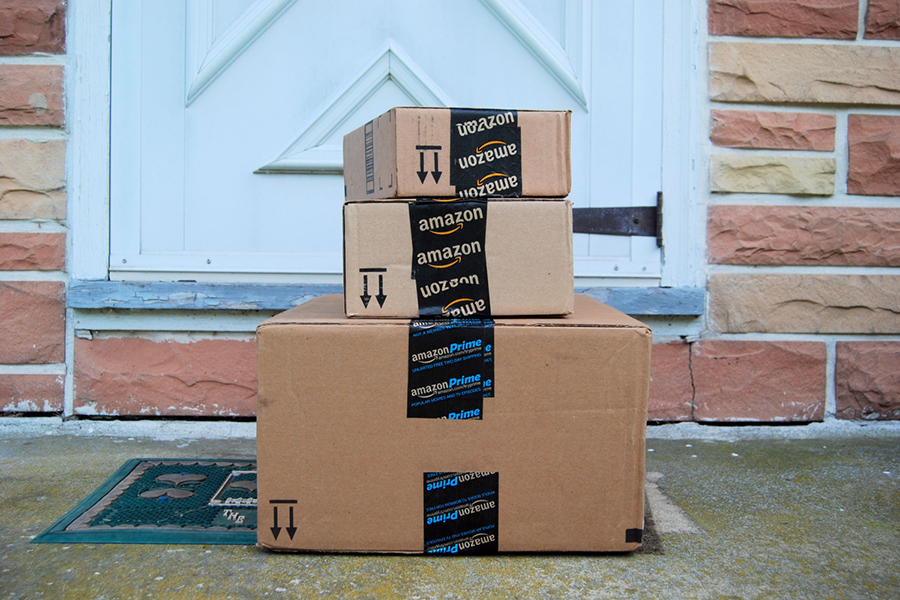With HQ2, Amazon Hopes to Avoid the Problems It Has Faced in Seattle
The company has reportedly asked officials in several cities about plans surrounding public transportation, housing, and other issues that have made it a villain in Washington State.

Photo via iStock/JAHCOTTONTAIL143
Amazon knows its propensity to be the popular kid you love to hate, and the e-commerce behemoth is hoping to avoid alienating people in its new home.
The company is making several cities—Boston included—dance like monkeys to land its second headquarters. And on top of all the other requests it has thrust upon the municipalities (i.e. a friendly local government, access to a robust airport, etc.) Amazon is adding another big ask to the list: can’t we all just get along?
According to the New York Times, Amazon officials have asked local leaders in several HQ2 contenders how they would ensure the company avoids the image problem it has in its first home, Seattle. Out in Washington, Amazon has certainly had a positive impact on the economy, but it’s also blamed for much of what goes wrong in the city, whether that’s traffic, housing prices, or a changing local culture. But Amazon is tired of being either a hero or a villain, depending on who you ask, and for HQ2, it’s hoping local leaders have a plan to keep residents from hating its guts.
The Times reports Amazon executives have spoken to representatives in cities like Atlanta, Toronto, and Denver about future plans to adapt public transportation, bike lanes, and housing, should the company come to town. It’s great that Amazon doesn’t want to ruffle the feathers of people in its new home, and these are clearly important questions local leaders need to consider before doling out millions of dollars in tax breaks and welcoming a company set to hire tens of thousands of people.
The questions are acutely relevant in Boston, where we’re already dealing with an intense housing shortage, high costs of living, and a public transit system that consistently struggles to get its act together. And Bostonians aren’t exactly clamoring for Amazon’s business, despite the fact that the company already has a sizable—and growing—footprint in the Bay State. A recent survey indicated just 34 percent of Hub residents “strongly support” bringing HQ2 to town, the smallest batch of enthusiastic people of all 16 metro areas still in the running. Amazon is set to announce its choice for HQ2 by the end of the year, and executives are right to try to compensate for some of the issues they’ve faced in Seattle, but these are not easy problems to solve anywhere, and certainly not in Boston.

